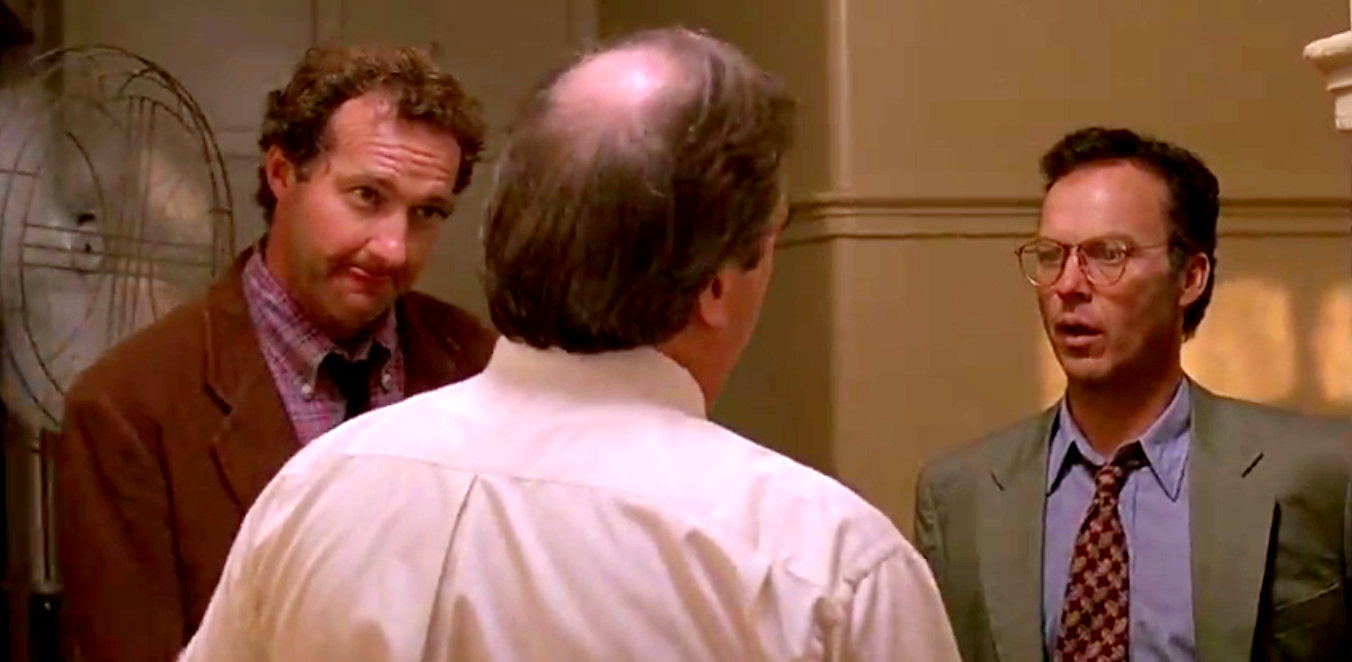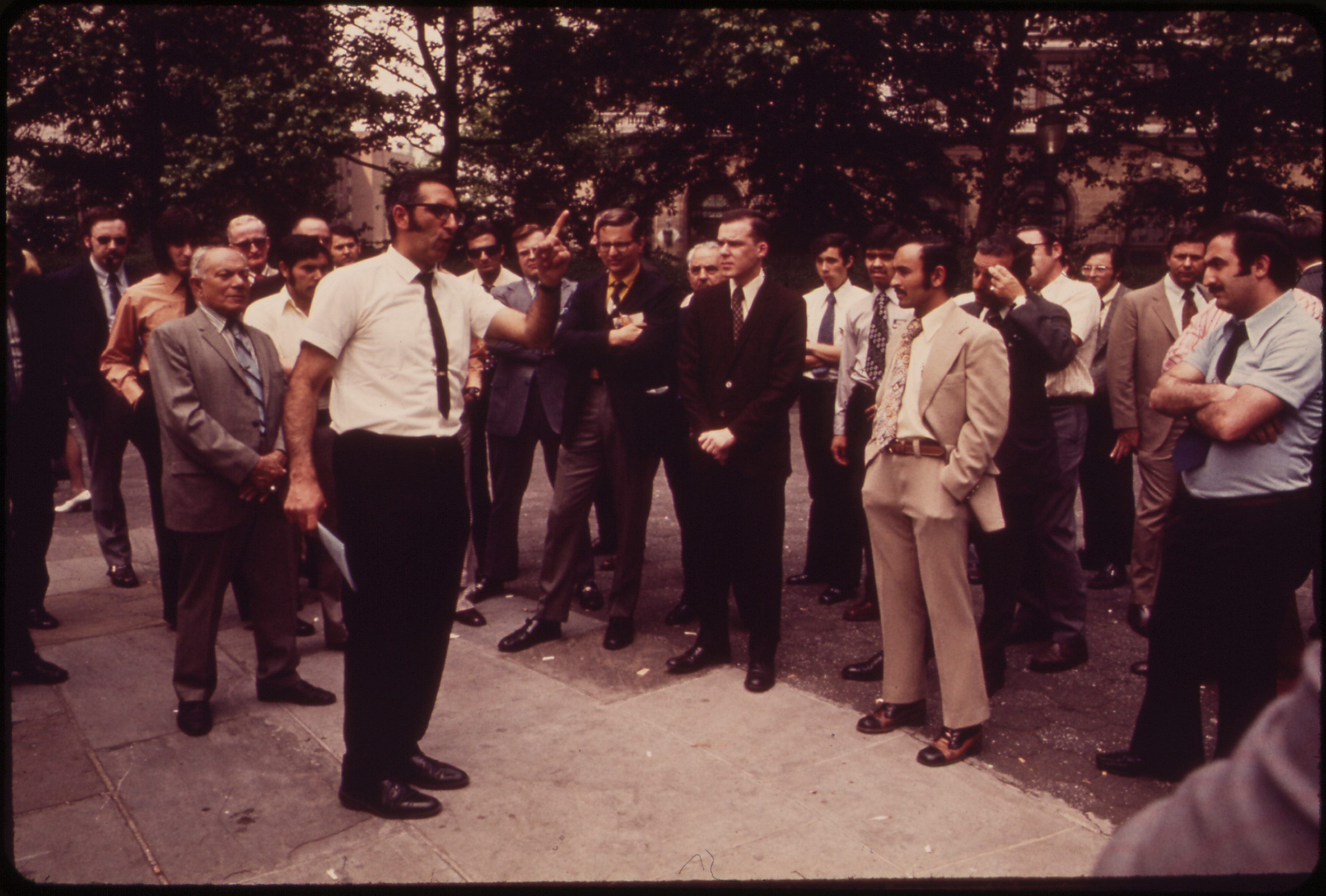Part of the reason, yesterday, I walked down Adams Ave. to Pet Me Please (for cat food) was to swing by Villainous Lair, which is a cool comics shop that also hosts gamers. Last week, I read a San Diego Reader news story by Mike Madriaga about the store closing on January 31.
Employees confirmed closure and the date, although much stock remained to be sold—50-percent-off list price this week. Role-playing game activities, along rows of tables and chairs in the back room, will continue as usual until the last day. Tonight, as part of a kind of send-off party, there also will be live Rocky Horror Picture Show in the store. I shot the Featured Image, of the shop, when leaving, using Leica Q. Vitals, aperture manually set for street shooting: f/8, ISO 100, 1/125 sec; 28mm; 1:59 p.m. PST.










